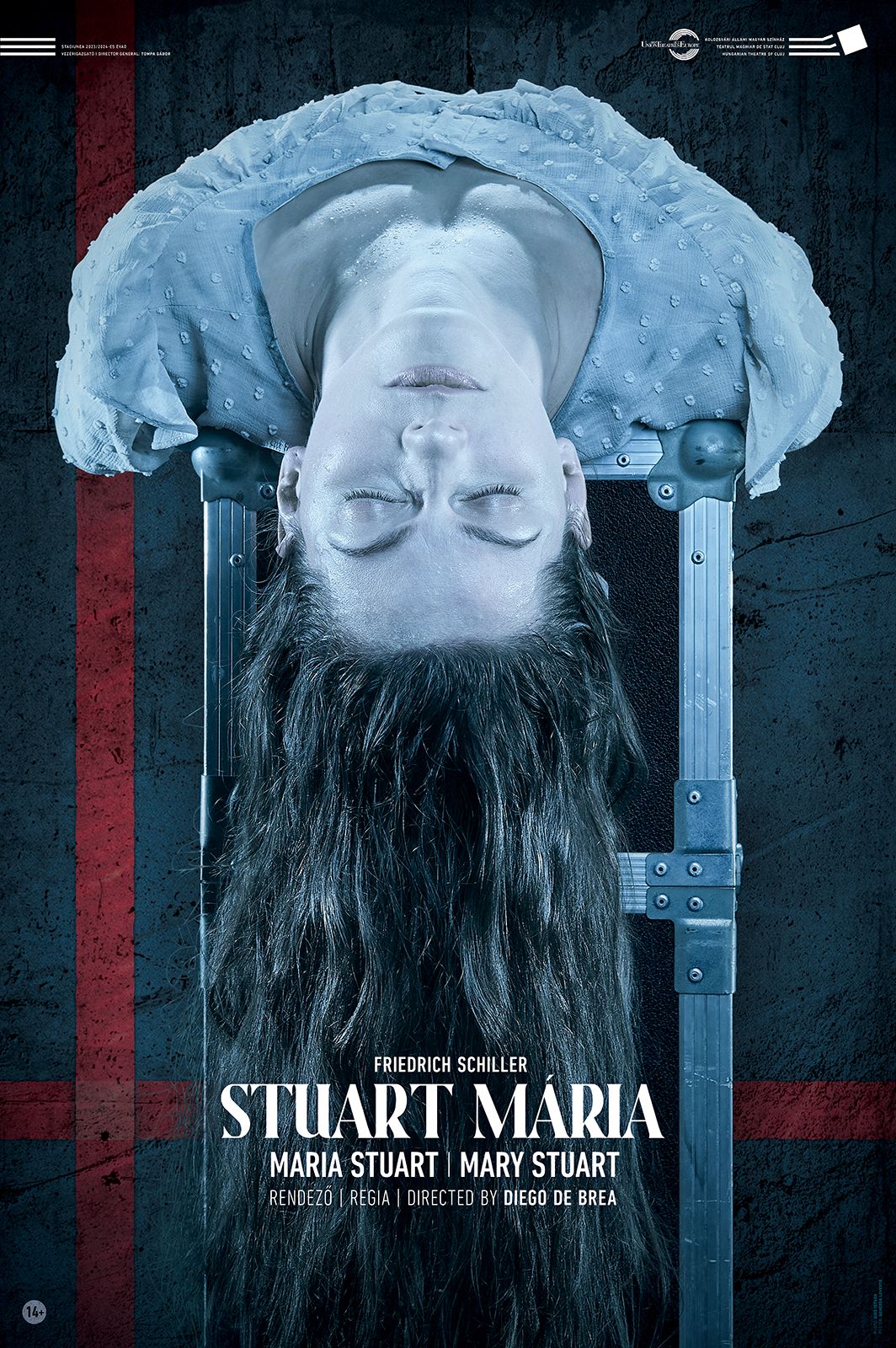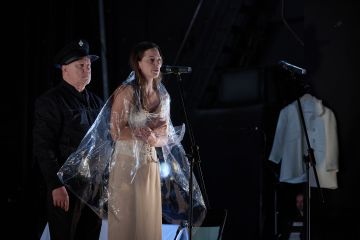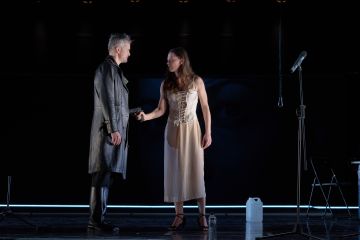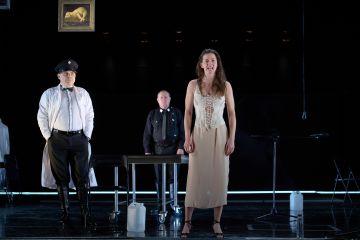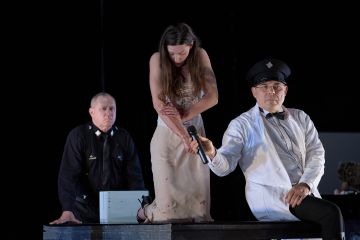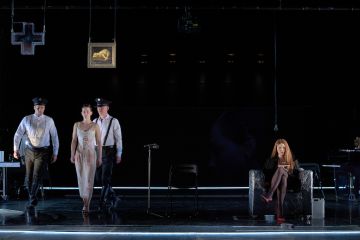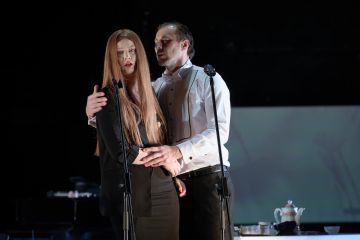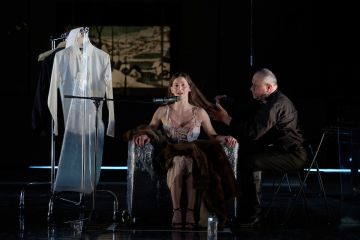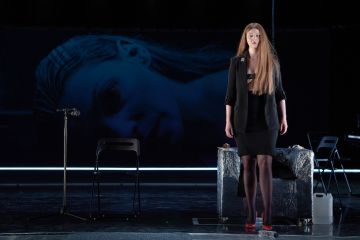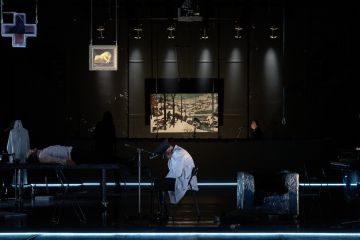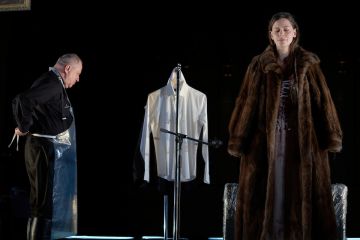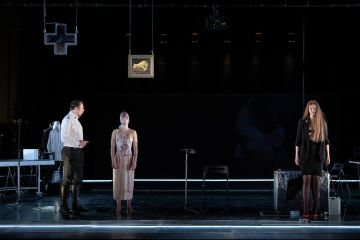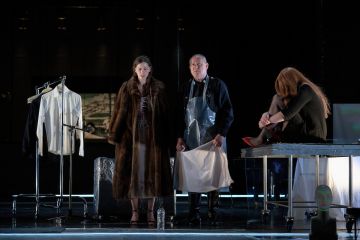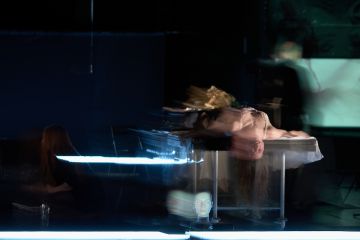Mary Stuart
Main stage
RO

EN

14+

Zsuzsa Tőtszegi
Éva Imre
Ervin Szűcs
Gábor Viola
Miklós Bács
József Bíró
Balázs Bodolai
directed by
Diego de Brea
Kata Gyarmati
Gyopár Bocskai
Diego de Brea
Romeo Groza
Péter Buksa
Andrea Viola
Enikő Albert
Impressions, thoughts, questions
Two women in a hostile men’s world.
Warm heart or cold reason.
Fire and ice.
What do you do when you are the secret object of everyone’s desire, but no one can save you?
How does it feel when you’re not the true object of anyone’s desire, but they’re with you for their own interests?
Or is it? Perhaps not?
Suspicion, doubt, distrust, caution, constant vigilance, anxiety, nerves on edge, excitement, huge adrenaline bombs, danger everywhere, fear of death.
Colossal decisions, colossal truths, colossal injustices.
What is harder: to have someone killed or to go to your own death?
What is it like to rule as a woman in a cold, harsh, cruel world?
What does it take?
And where does the enormous freedom come from, which, even when locked up, overwhelms you with its power to break down walls?
Is the heart stronger than the brain?
How can injustice be accepted?
And again:
What takes more courage?
To innocently go to your death?
To condemn someone to death, not because we want to, but because we must?
“This is how I am, this is who I am”- this is the voice of the heart.
“’This is how I would like to be’ – the illusion of those who are unsure of themselves.
Confession, repentance, confrontation, purification, strength.
The allure of a woman’s own freedom. The allure of purity. The allure of the one who knows how to give.
The power of a woman who can love.
The woman’s own self-binding commitment.
The processing of unhappiness.
The bondage of not daring to love.
One becomes an icon, the other a soldier.
Elizabeth and Mary.
Two women in a hostile men’s world.
Kata Gyarmati, dramaturg of the performance









